Acts of sheer evil
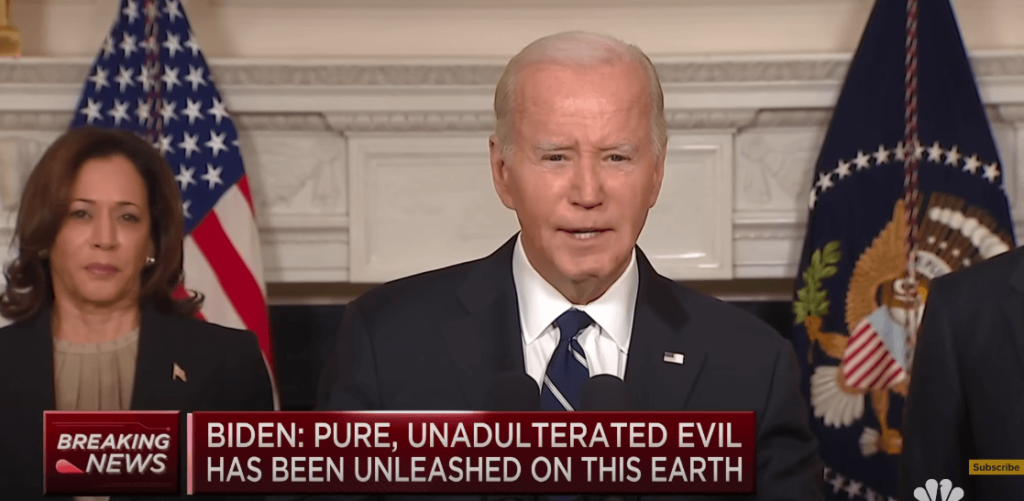
“An act of sheer evil” is how President Biden condemned the recent incursion of Hamas militants into what is now southern Israel, but which the Palestinian refugees incarcerated in Israel’s open-air prison, the Gaza Strip, still call home. To be sure, anyone actually committed to peace and to nonviolence, to genuine security and justice, will condemn the killing of noncombatants, no matter who the perpetrator may be. It is hard to do so, however, when such condemnation is hypocritically exploited to sanction a far greater and uglier violence.
Racial supremacy and the Zionist exception
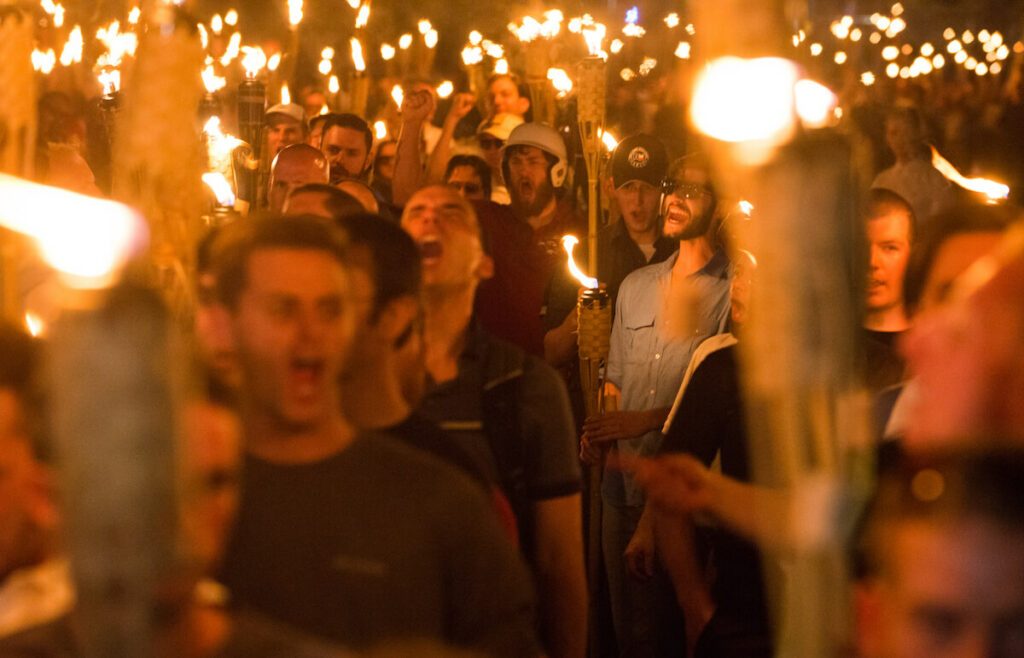
The contradiction between condemning US racism and support for the racist ideology of Zionism has become steadily more glaring. The ugly chants and intimidating violence of the fascist right have met with almost universal disgust, including naming the lethal ramming of non-violent protesters an act of terror. At the same time, Americans have had to confront the fact that white supremacy is an intrinsic if shameful element in their history and institutions whose consequences have yet to be overcome. The brief moment when the premature claim that the United States was “postracial” has run its course. But the same awareness has yet to extend to the remarkably similar and equally consequential world-view of Zionism.
The ethics of study abroad in Israel
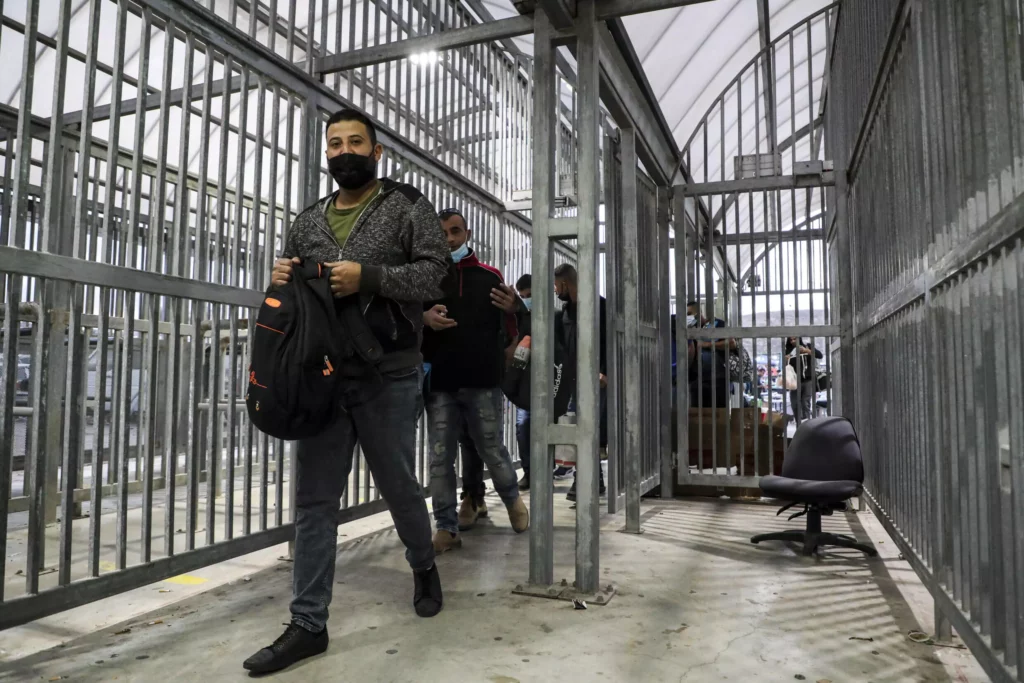
Study Abroad in Israel is itself another instance that should bring Israel’s discriminatory constitution into focus. Every Study Abroad program in Israel is discriminatory against significant numbers of our students and is therefore on its face in violation of our campus anti-discrimination and equal opportunity policies. Indeed, they violate the very civil rights that the Department of Education is charged with protecting.
‘Where there is a wall there are holes’: Issa Amro’s non-violence and Israel’s injustice
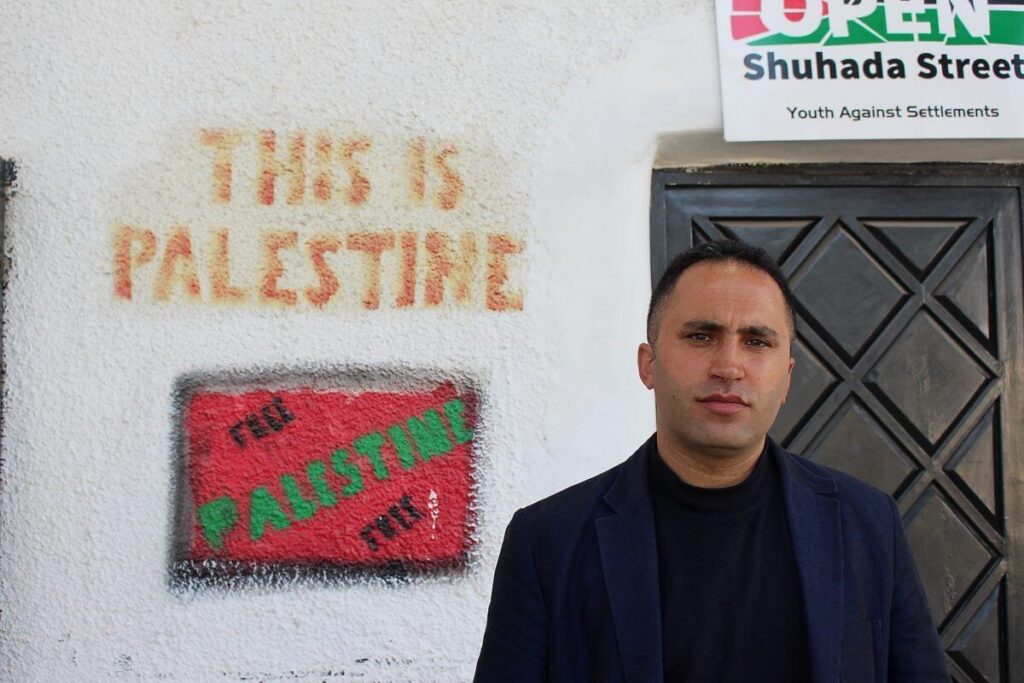
Some encounters, however brief, remain unforgettable. My meeting with the Palestinian non-violent activist Issa Amro in June 2016 was one of those. It was the end of a long day in Hebron, where I had gone with several colleagues to study first-hand the impact of the Israeli occupation on Palestinian higher education. After our interviews with faculty and students at Hebron University, a small group of students had led us through the infamous “Area H2” of the city, where a few hundred right-wing settlers have forced their way among its Palestinian inhabitants and live under the constant protection of the Israeli soldiers who are permanently stationed there to protect them.
Read more…
The Malevolence of Occupation
Boycott is, as many proudly recall, an Irish invention. The first boycott targeted a notorious land agent, the eponymous Captain Charles Boycott, for attempting to evict Mayo tenants in 1880. Inspired by the Land League, local people refused to serve or work for him, responding to his threat to their means of life by severing social and economic ties with him. Boycott has since evolved into a familiar nonviolent instrument for effecting social change. It remains the most effective means by which civil society holds to account those responsible for ongoing yet remediable violations of fundamental rights, including especially violations that threaten the capacity of any community to reproduce its means to life and cultural survival. It works quite simply by withdrawing or suspending ties with the perpetrators, refusing to collaborate with injustices even by passively endorsing or “normalising” them through inaction.
Walter Benjamin in Palestine
Anthropologists for the Boycott of Israeli Academic Institutions is pleased to offer this reflection on a Walter Benjamin conference in Palestine by David Lloyd, ally of anthropology and Distinguished Professor of English at the University of California at Riverside. Lloyd finds that such a conference is “a model…for an alternative to the insidious corporatization of our intellectual and creative lives under the neoliberal dispensation we all confront, wherever we reside, and not only in occupied Palestine.”
The law which is studied but no longer practiced is the gate to justice. The gate to justice is study.
Walter Benjamin, “Franz Kafka.”1
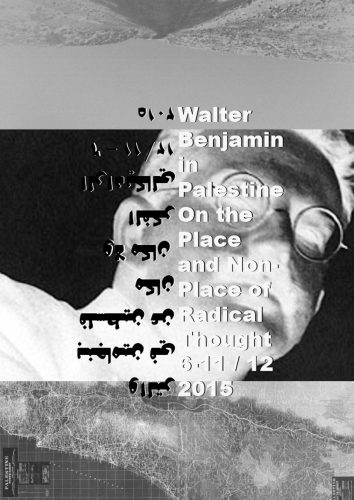
Walter Benjamin never did go to Palestine. Despite frequent invitations from his friend Gershom Scholem, who emigrated there in 1925, and despite the rapidly deteriorating situation for European Jews in the 1930s, he never abandoned whatever ambivalence prevented him from making a decision he often contemplated. The reasons for that ambivalence are unclear, though his critique of Zionism for its racism was early and prescient. Scholem reported that Benjamin had named, among the three things that Zionism would have to abandon, its “racist ideology” and its “”blood and experience’ arguments”.2 Whatever he foresaw before its foundation about the predictably racist evolution of the so-called “Jewish State”, and however the ugly ethnic exclusivity of such a state would have stuck in his craw, there can be little doubt that Benjamin would have recognized in the current state of Israel and its occupation that “state of emergency” that his last writing recognized to be the permanent state of the oppressed.3
Read more…
It is our belief that Palestine is a feminist issue ….
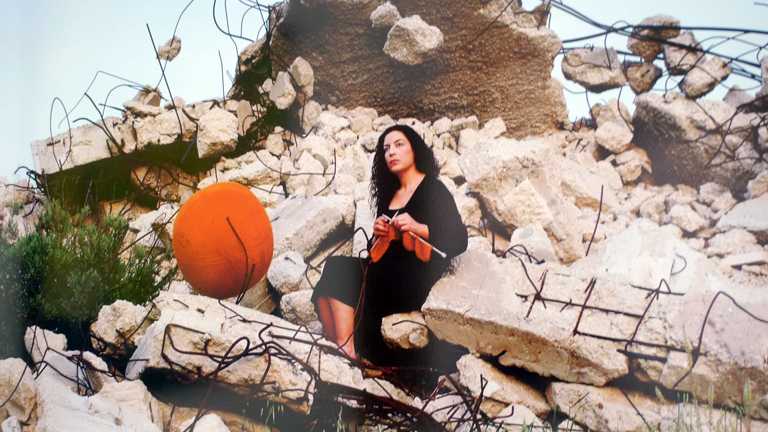
In 1980, when Irish Republican women in Northern Ireland’s Armagh Gaol had gone on a “no-wash or dirty protest” against strip searching that they defined as rape, Irish journalist Nell McCafferty published an article in the Irish Times that opened: “It is my belief that Armagh is a feminist issue.”2 The now celebrated article was motivated by the indifference, and sometimes explicit antagonism of most British and Irish feminist organizations to the plight of these female political prisoners because the nature of their political struggle—which had been criminalized by British counter-insurgency policies—was not expressly feminist. McCafferty argued that the violation of the integrity of women’s bodies that strip-searching inevitably involved constituted an issue that was indubitably a matter of concern to any feminist. As we might now say, and as feminist sociologists like Mary Corcoran have since shown in considerable detail, the treatment of women political prisoners in Armagh was a manifestation of the structural violence of a political regime which, while it impacted every member of the nationalist minority irrespective of gender, affected with concentrated impact the daily lives of women, political activists or not.3
Read more…